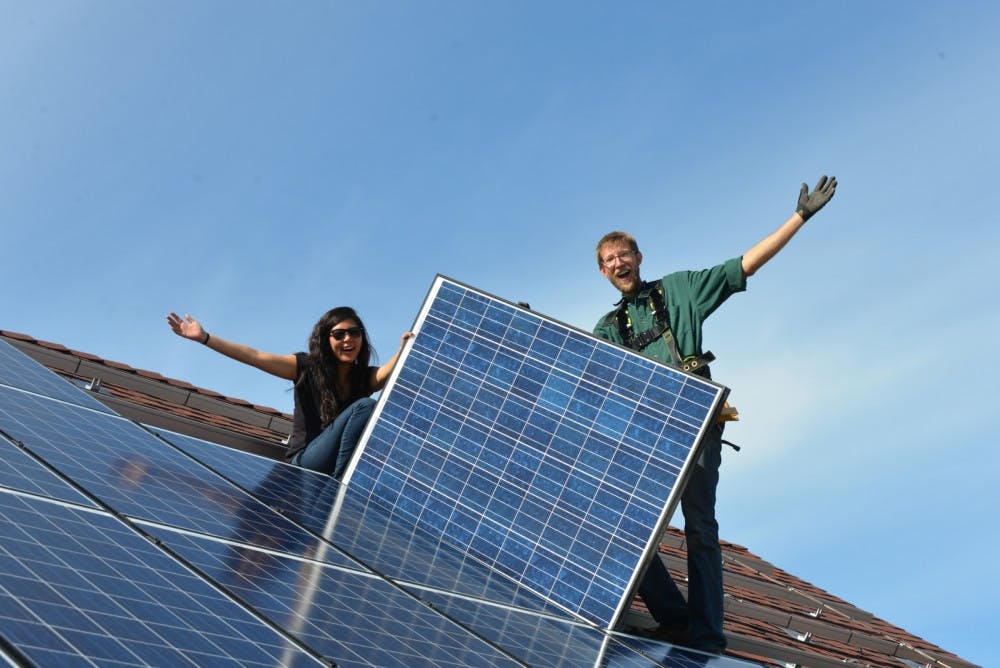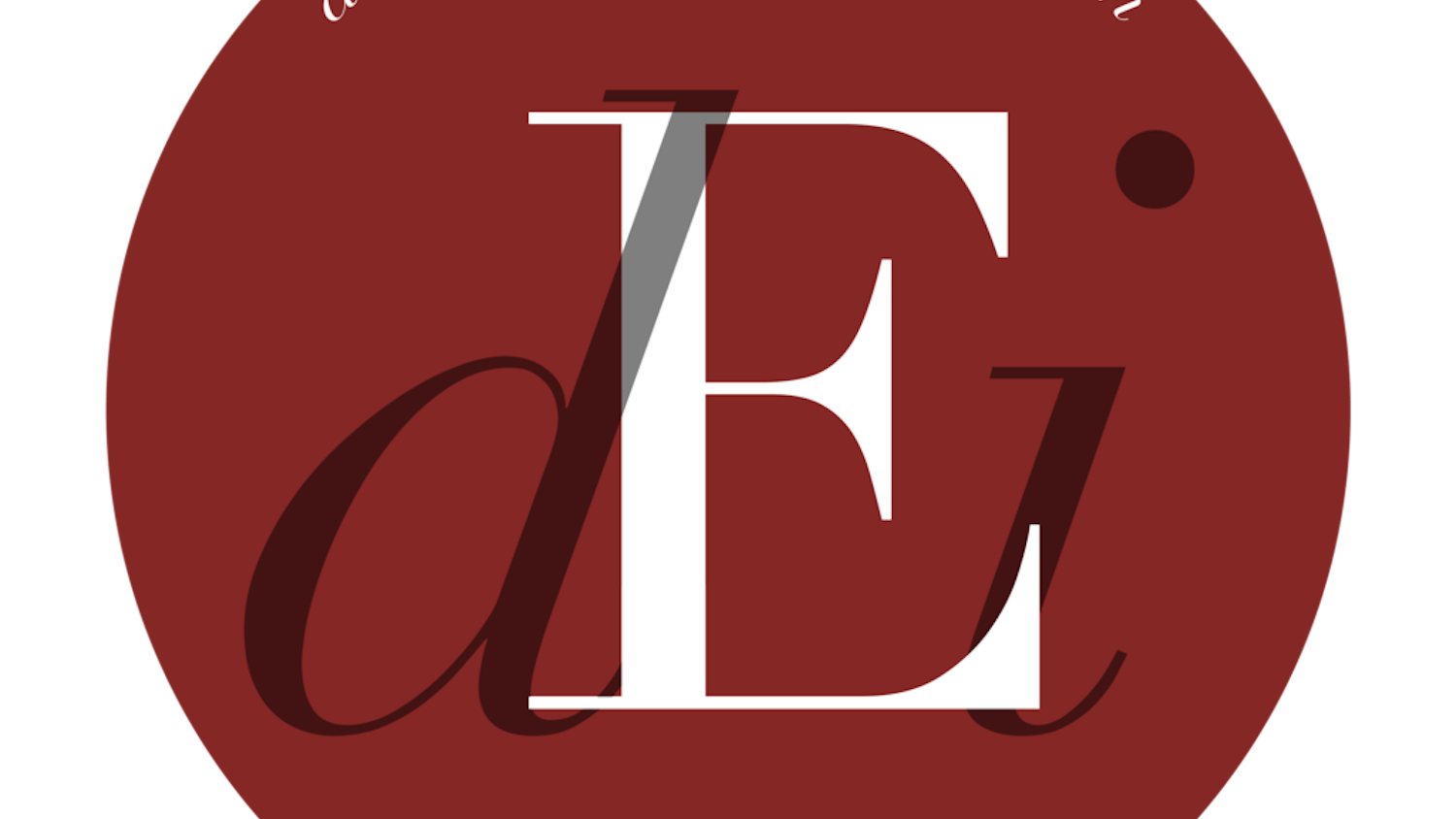Alum Andreas Karelas has set out to redefine the nature of environmental activism through his startup, RE-volv, and he’s bringing AU students with him.
After graduating from AU in 2005 with a bachelor’s degree in economics, Karelas completed a two-year dual masters program in natural resources and sustainable development with AU. In 2007, his passion for climate change brought him to San Francisco, where he began working on his own environmental nonprofit, RE-volv.
“People are scared [about climate change] and they’re looking for ways to take meaningful action, and frankly there's not so many things they can do that they feel are having a real impact,” Karelas said. “RE-volv was the idea that I came up with to give people that ability to take action.”
Founded in 2011, RE-volv seeks to make meaningful environment impacts on a local level by crowdfunding for the installation of solar panels on behalf of nonprofits. RE-volv pays for the up-front cost of the panels and, over time, the nonprofit repays it through monthly lease payments.
This money is then placed into a revolving fund, which is used to finance other solar panel installations for a different nonprofit. The more projects that RE-volv finances, the more self-sustaining their revolving fund will become, Karelas said.
“The interest that the revolving fund earns is compounding. At some point it launches into this exponential growth,” Karelas said. “[RE-volv] will be able to finance a new project every 8 weeks after 50 projects. After 100 projects, it can finance a new project every 3-4 weeks.”
After a few struggles in its early years, mostly due to lack of funding and difficulty explaining the nonprofit’s complex model, RE-volv has crowdfunded 10 projects in four different states. However, perhaps its most expansive project is its Solar Ambassador Program, which trains college students to start the crowdfunding process with a nonprofit partner near their university.
“In order to bring [RE-volv] to other parts of the country, we need to get boots on the ground,” Karelas said. “We saw an opportunity to do this by training college students.”
Each campus chapter has one project lead, chosen by their campus team, who runs the year long crowdfunding project. In order to ensure that they effectively fulfill their duties, RE-volv flies each project lead to San Francisco at the end of August for a four-day retreat where they receive crowdfunding training, including grant writing instruction and communication development.
Sarah Lyons, a sophomore international studies major, is the project lead for AU’s new eight-member team.
“For environmental science, a lot of it is very doomsday and [seems like] it’s no one’s direct problem,” Lyons said. “We’re giving people who care about the environment an opportunity to create real change.”
The team has encountered some difficulty finding a D.C. nonprofit to partner with. However, Lyons said they have the close support of their parent organization as well as the counsel of Paul Wapner, an environmental studies professor in the School of International Studies who is also a member of RE-volv’s board of directors.
“My involvement entails pulling together a team of students, many of whom I’ve had in class, who are interested in learning more about solar energy, learning leadership skills and most importantly installing solar panels on a nonprofit,” Wapner said.
Wapner said he was approached by Karelas, whom he taught while he was an undergraduate, about serving on RE-volv’s board. Having shared many ideological and professional similarities with Karelas, Wapner accepted.
“There’s no greater source of happiness for a professor than to see one’s student surpass them and have a great impact on the world,” Wapner said.
As RE-volv continues to find small but meaningful ways to impact climate change, the organization will look to college students to continue the work that it has started.
“As an AU alum, it feels really good to have a team from AU that’s part of the solar ambassador program,” Karelas said. “It’s fun to talk to the students and hear what’s going on at AU, but it also makes me feel very proud that we’re helping those students to follow this path and get into clean energy.”





